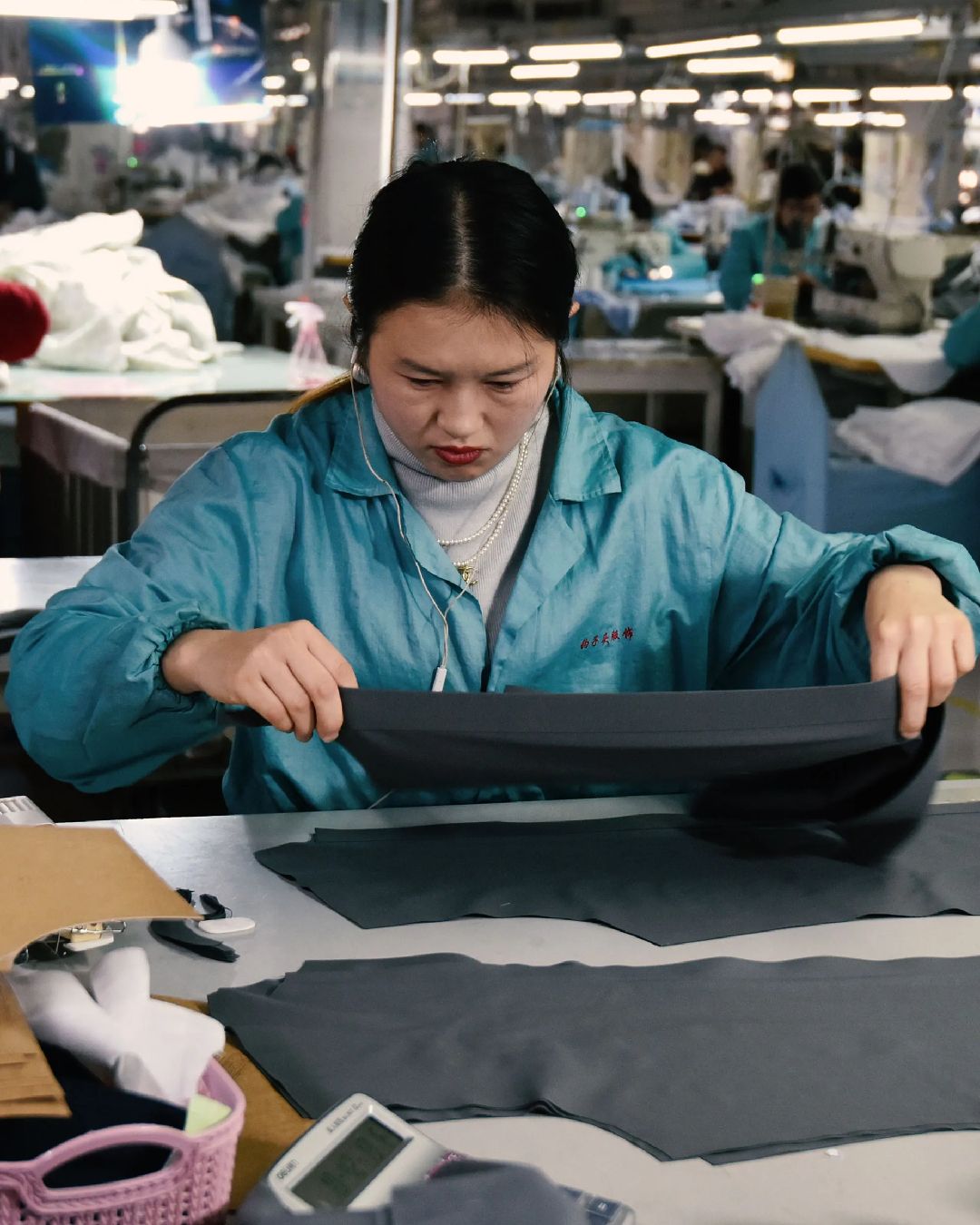
The Start of a New Workplace Era Welcome to the era of employee respect
For the past few years, there has been a noticeable shift in work culture after the first wave of the Covid-19 pandemic introduced the workforce to alternative ways of working and quickly challenged the traditionally upheld 9-5 five-day workweek. The pandemic acted as a type of a catalyst for change as workers were forced to turn their office in for a living room couch as remote work became the new norm. Working from home raised the need for people to completely reevaluate their workplace needs and most importantly, work-life balance. This happened on the heels of the booming wellness trend that hit its prime during the lockdown and as a result, people had space and support to doubt the industry-set workplace norm and ask, perhaps for the first time “What is a good work arrangement for me?”
This raised a lot of conversations about the benefits of remote work in comparison to the traditional work setting. One of the biggest benefits by far was the increase of personal time that remote work saved by removing the need for daily commutes along with other overly time-consuming elements, standard in a traditional office setting. This is an important topic to note, as the hesitation to change the traditional workweek has largely been driven by the companies' fear that their employees would work fewer hours if they are not constantly being overseen in person. Thus leading to a decrease in productivity. It turned out however that the lack of accountability had a positive impact on productivity. According to a Zippia research report, 94% of employees reported feeling like their work productivity is the same or higher than before they worked remotely. This makes sense considering the average worker is generally proficient enough not to require a kindergarten level of supervision. So removing the element of unnecessary overview acted as a type of morality booster that had a positive impact on both the work and personal lives of the employees.
This opened the door to other alternative work approaches that we are seeing implemented more and more today. Following this, there have been talks of introducing a new four-day workweek. This would divide work more efficiently throughout four days instead of five to maximize active productivity. Because let’s face it, even if you are sitting in an office from 9-5, five days a week being as vigilant as you can possibly be, you are not actually being productive this whole time. As we have all experienced, you can only go on for so long before ending up in a glassy-eyed staring competition with your computer. The four-day workweek aims to fix this by eliminating the unnecessary time spent at the office that is not used productively and utilizing the time during which employees are consistently active more efficiently. This in turn would allow the employees to spend more time outside of work, leading to an increase in employee satisfaction and a reduction in stress.
Countries around the world are currently testing out four-day workweeks with good results. The best example however comes from the UK, which currently has one of the least productive economies. To turn this around, the UK is now in the process of the biggest test pilot with 70 companies and over 3,300 workers taking part in a four-day workweek pilot that is reducing weekly hours from 48 to 32. The pilot is run by 4 Day Week Global and so far the survey monitoring the success of the pilot suggests great results as 86% of employers are reporting that they are likely to continue with a four-day week once the trial ends. Jon Leland, chief strategy officer for Kickstarter, a company participating in the pilot, described it as a true win-win in his statement to CNN Business. «The four-day week has been transformative for our business and our people. Staff is more focused, more engaged, and more dedicated, helping us hit our goals better than before he declared.» These results indicate that if the trials continue to stay consistently successful this arrangement will benefit both the employees as well as the company and will become more standard as an industry norm.
While there are still ways to go before some of these big ideas are implemented, it is clear that workplace culture is in a pivotal point of change where the well-being of its employees is edging out toxic workplace practices. We can see the impact of this across industries as companies are implementing better mental health resources, and flexible working options and going as far as instituting penalties for employers who violate employees' boundaries by contacting them after hours. This development is making its way to transform even the most stubbornly rooted institutions such as the fashion industry, which is notoriously known for its ridiculously high expectations and exploitative nature. There was a time when working in a fashion meant either working 25/7 or not working at all. The common understanding was that if you didn’t lose 5 kilos and half of your hair from stress, you were simply not working hard enough. The fact that in less than five years public opinion has turned on the fashion industry and is now openly calling it out on its toxic work culture, speaks volumes.
However, as stated above, the fashion industry is not immune to the changing climate. In fact, back in 2021, the fashion label Desigual was one of the first companies to experiment with a four-day workweek. Desigual chief executive Alberto Ojinaga gave a quote to BoF explaining the reasoning behind this initiative by stating the following: «We realized that a four-day workweek is not only a good thing for our people to make them happier and maybe even perform better, but also that we will become much more attractive in order to retain talent and attract external talent.» This demonstrates firsthand just how drastically the work culture of today is influenced by employee demand and it will continue to change more in this direction, come next year. Because if one thing is sure, it’s that we are not returning back to the norm that once was. Even now as the pandemic restrictions are passing, the workers are not budging as we enter into a new era of workplace culture.

























































